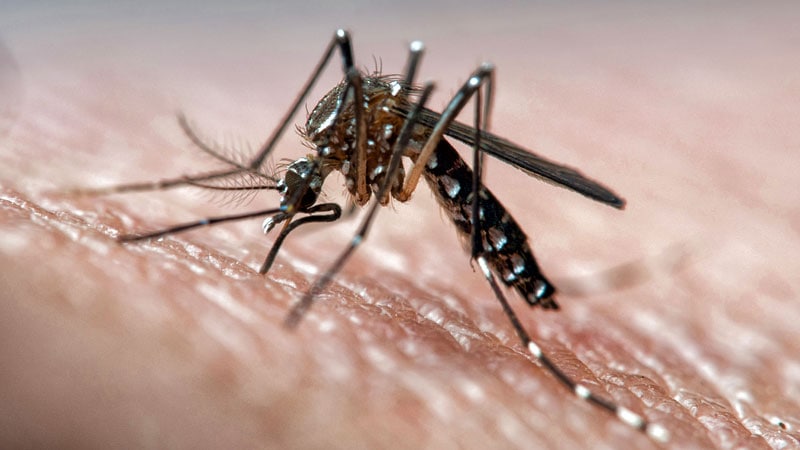Takeaway
- Around one-third of children (median age, 18 months) who were exposed to the Zika virus (ZIKV) during pregnancy show neurodevelopmental and/or neurosensory abnormalities in a prospective cohort.
- Some with a normal exam at birth developed delayed abnormalities, including autism, whereas others with abnormalities at birth showed improvement.
Why this matters
- Further improvements might be possible with neurocognitive interventions.
- Clinicians need to know what kinds of abnormalities to monitor.
Study design
- Prospective cohort (n=216) of antenatally ZIKV-exposed toddlers in Brazil (aged 7-32 months; median age, 18 months). ZIKV exposure was confirmed by reverse transcription PCR.
- Neurodevelopment was assayed by the Bayley Scales of Infant and Toddler Development, third edition (Bayley-III; n=146), and through neurodevelopmental questionnaires/neurological examinations (n=70).
- Complete eye examination and hearing assessments were also performed.
- Funding: Ministry of Health, Brazil; NIH; others.
Key results
- 31.5% of children showed below-average neurodevelopment and/or abnormal vision or hearing assessments.
- Among the 146 children assessed by Bayley-III:
- 12% scored below −2 standard deviations (score, <70 out of 100).
- 28% scored between −1 and −2 standard deviations (score, 70-85).
- 35% of children showed abnormal language.
- 49% (24/49) with abnormalities at birth had normal assessment.
- 25% (17/68) with normal assessment at birth showed neurodevelopmental defects, including secondary microcephaly or autism.
Limitations
- No control group.
References
References



